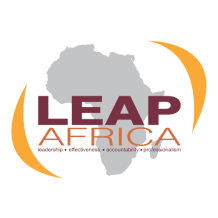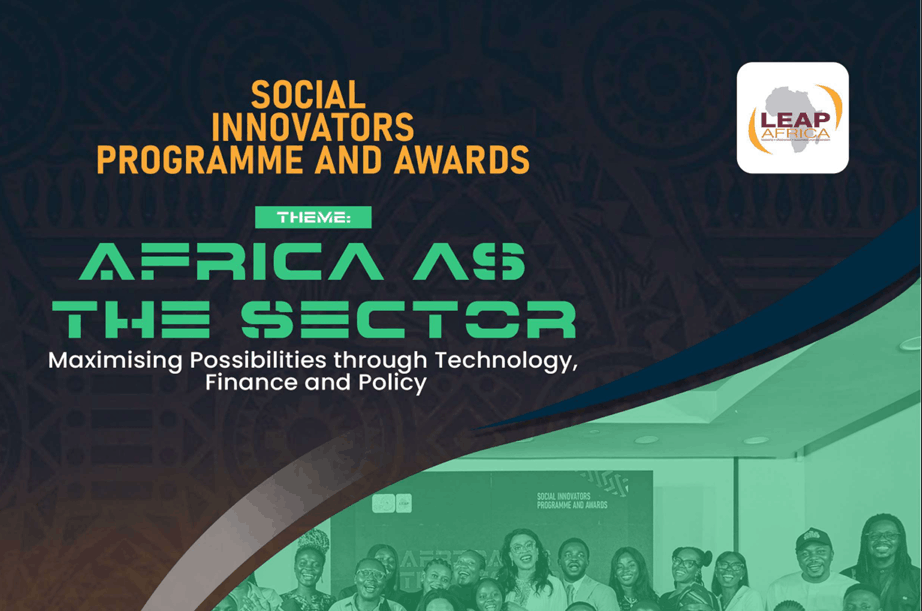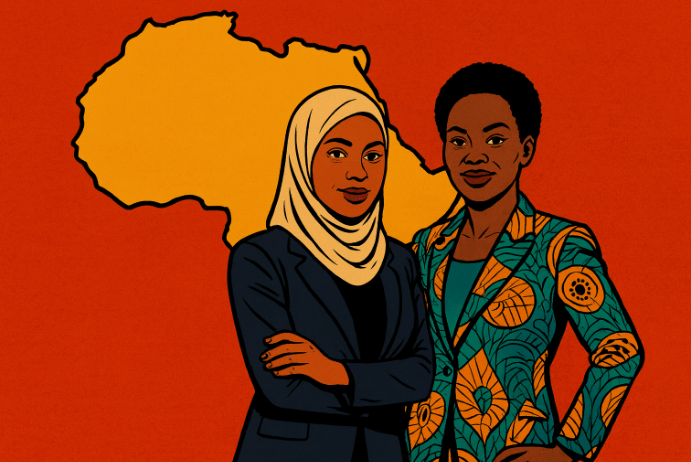Introduction
Education is a tool for empowering individuals to become productive for individuals who will benefit themselves and society. This means that education equips learners with skills sufficient to sustain a livelihood1, from which they can pay taxes to enable the government to fund public services. Likewise, education prepares learners to be law-abiding citizens who will live peaceably in their communities2. To this end, education seeks to address the holistic development of learners by addressing the mental, physical, social, and emotional needs of young learners critical for their successful transition to adulthood.
However, the requisite holistic development is not possible for several young learners in Nigeria owing to the poor quality of education obtainable in the country3. Consequently, young learners struggle along the path to adulthood. Some of the difficulties that these learners encounter after school include a lack of employability skills, poor social skills, and leadership skills. Consequently, youths do not find
their place in society and become vulnerable to several vices. To enable successful transitions of young learners several projects have been implemented by development organizations targeting learners in
secondary schools. This article highlights some of the positive outcomes achieved by such a programme-a leadership programme for secondary school implemented by LEAP Africa.
Bridging the Gap in Secondary Education in Nigeria
LEAP Africa rolled out the iLEAD programme in 2017 to meet the dire need for leadership and personal development for young people in secondary schools. The programme which is targeted at underserved students in selected public schools in Nigeria, trains participants in key modules needed for holistic youth development but otherwise not incorporated by the secondary school curriculum in Nigeria. These modules include Self-Awareness, Vision and Goal Setting, Communication, The Act and Art of Leadership, and Implementing community change projects among others. Over the years, the programme has been implemented in various Nigerian states (Lagos, Akwa Ibom, and FCT Abuja).
Evidence gathered from the evaluations of the iLEAD program over time suggests that it has achieved positive outcomes in the lives of students. The achieved outcomes speak towards the effectiveness of the programme in aiding students to develop critical skills along the lines of self-awareness and management, career preparedness, and transformative leadership among other skills. Some selected outcomes are discussed below:
• Improved leadership: The iLEAD programme has enabled students to improve their understanding of leadership. With an improved perspective on leadership students show a confidence and eagerness to take up responsibilities in their schools and communities. This outcome prepares students for taking up even bigger responsibilities in the future.
• Career Clarity: Another outcome of the iLEAD programme is that participants from selected public secondary schools, gain clarity regarding their career interests. This development is informed by the training modules that enable students to look inwards toward their interests, motivation, and areas of fulfillment as well as academic competence. Discussions with students who participate in the iLEAD programme reveal a renewed commitment and conviction to their career trajectories-indicating high levels of future success.
• Self-discovery: Evidence from the evaluation of the ILEAD programme shows that young people can be easily influenced by their peers and the wider environment. This makes it difficult for young people to identify their abilities and seek to fulfill them. However, the iLEAD training has helped students discover their areas of strength and weaknesses, as well as develop the courage to live according to their values and convictions. Thus, young people can live a more fulfilling and productive life.
Positive Social Agents : Another important phase of the iLEAD programme known as the “change project” phase asks students to identify a problem in their community and proffer a solution to that problem. In the last edition of the programme implemented in five public secondary schools in Abuja, students’ projects included the renovation of a school library, construction of 20 units of wooden desks, construction of 14 metal outdoor seats and renovation of school maami market. Evidence from the evaluation findsthat students develop a sense of community development from participating in these change projects. Also, some students who dedicate their time to implementing these projects come out with confidence to solve bigger challenges that exist in their communities.
Conclusion
The LEAP Africa iLEAD programme has achieved great results in aiding students to develop critical skills that prepare them for a successful transition to adulthood. While the project has been implemented in few secondary schools across few states in Nigeria, support from the Private sector and donor agencies would help scale the programme across the thirty-six states and Federal Capital in the country. The government through her education agencies should work more towards adopting the iLEAD model into the secondary school curriculum for Nigerian schools.
Van Thompton. Seattle Pi. The Importance of Education in finding a Job. Retrieved form https://education.seattlepi.com/importance-education-finding-job-1207.html
2 United Nations Office on Drugs and Crime (2019) Strenthening the Rule of Law Through Education-A guide for policy makers Retrieved from
https://www.unodc.org/documents/e4j/UNESCO/2795_18_Global_Citizenship_Education_for_the_Rule_of_La w_gris_complet.pdf
3 World Economic Forum. Global Competive Index 2017-2018-Nigeria retrieved from https://www3.weforum.org/docs/GCR2017-2018/03CountryProfiles/Standalone2-
pagerprofiles/WEF_GCI_2017_2018_Profile_Nigeria.pdf



